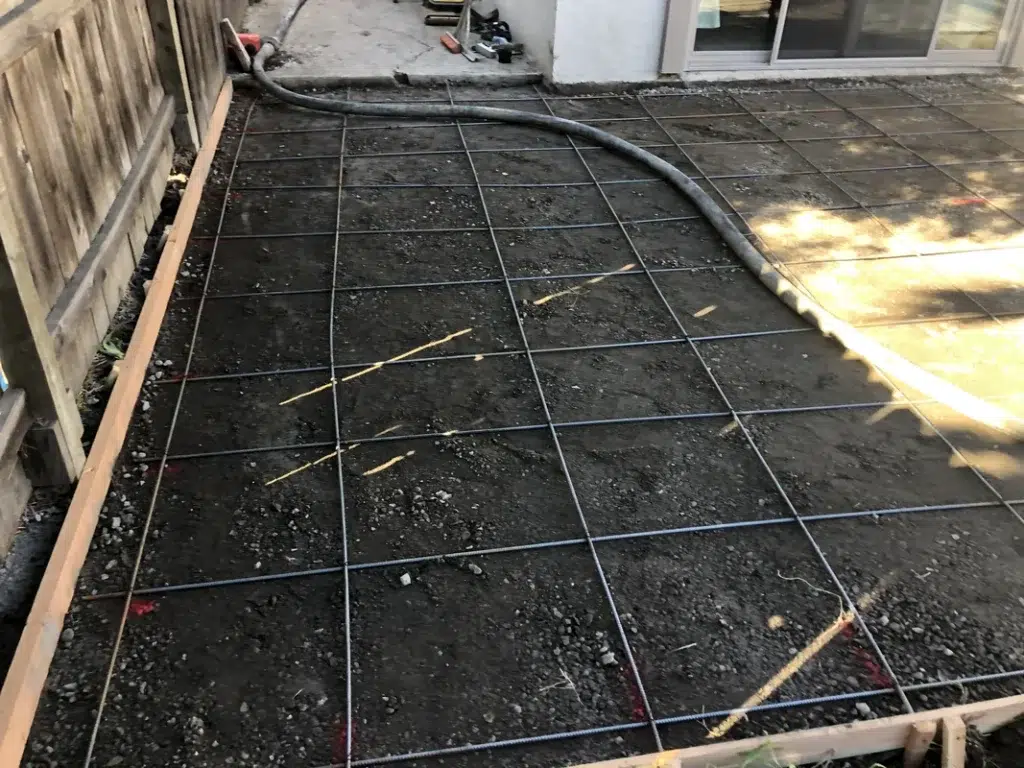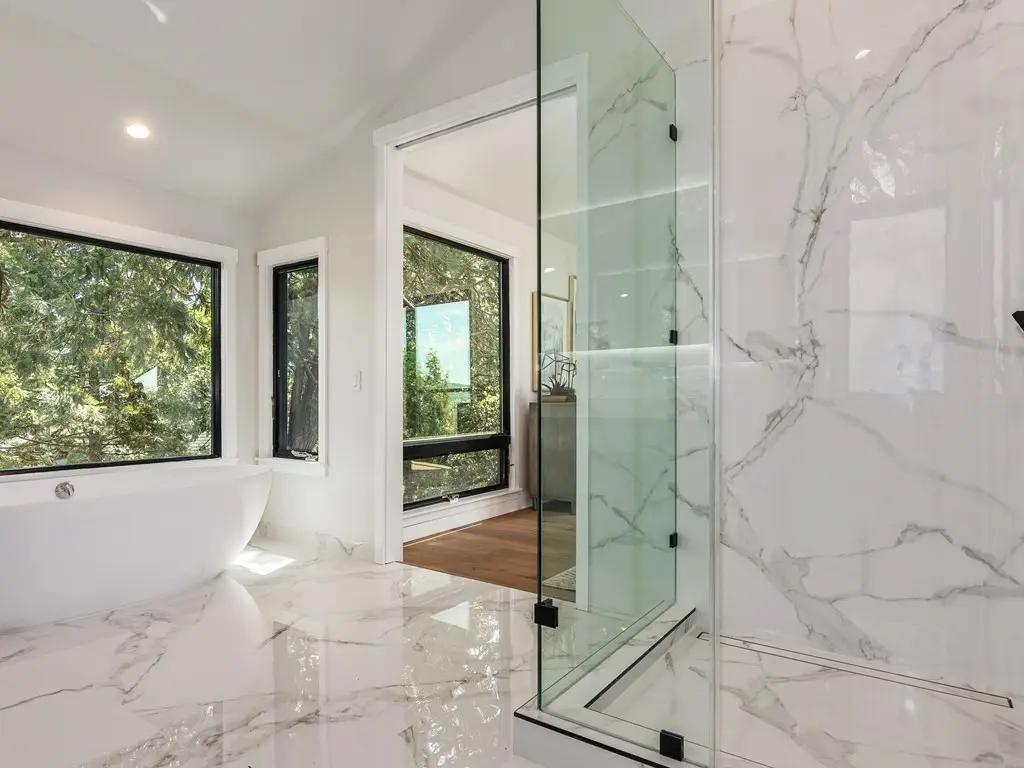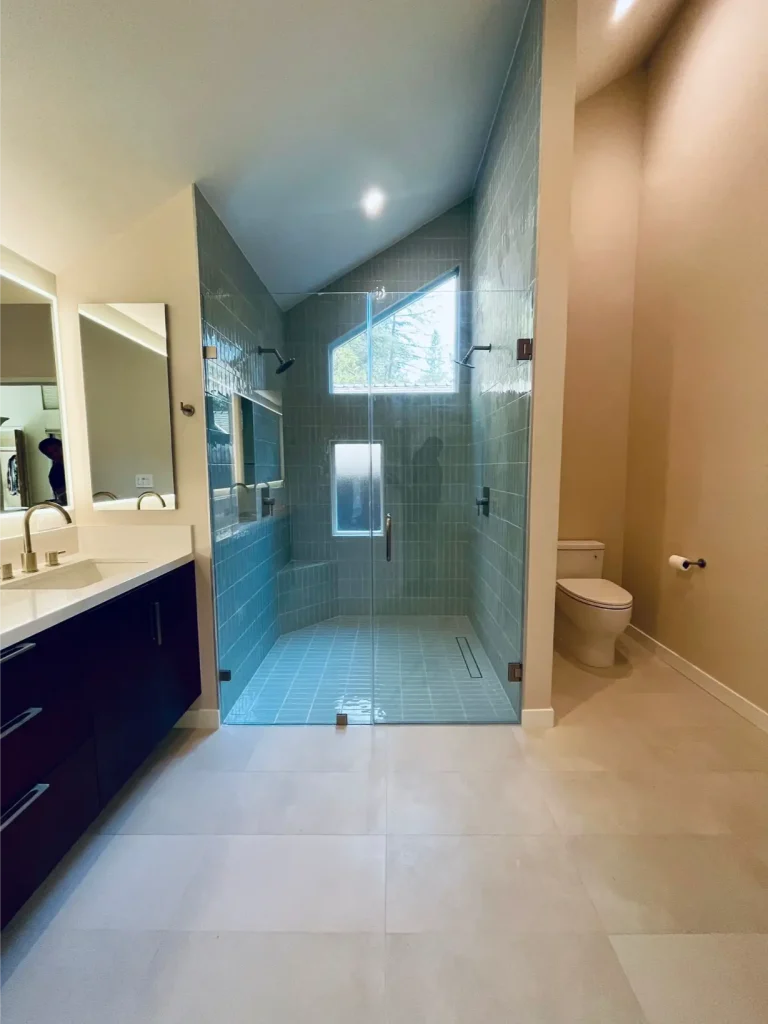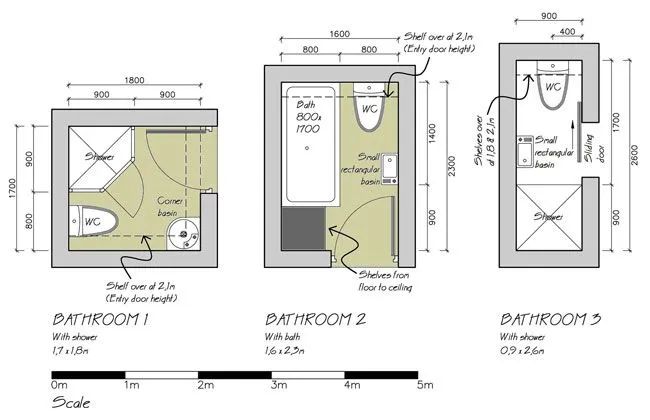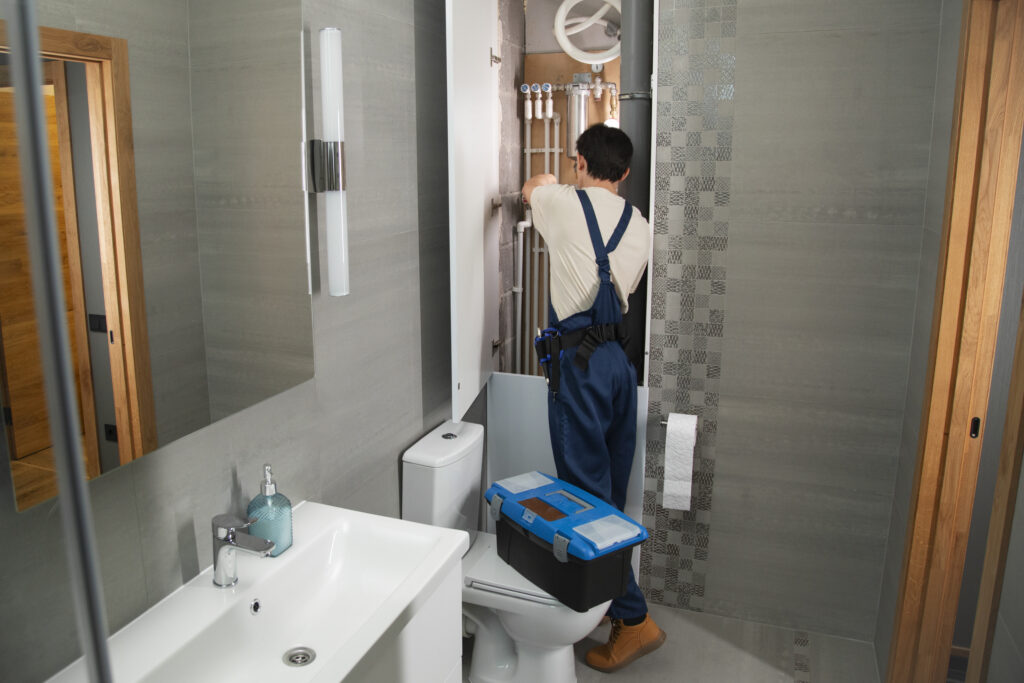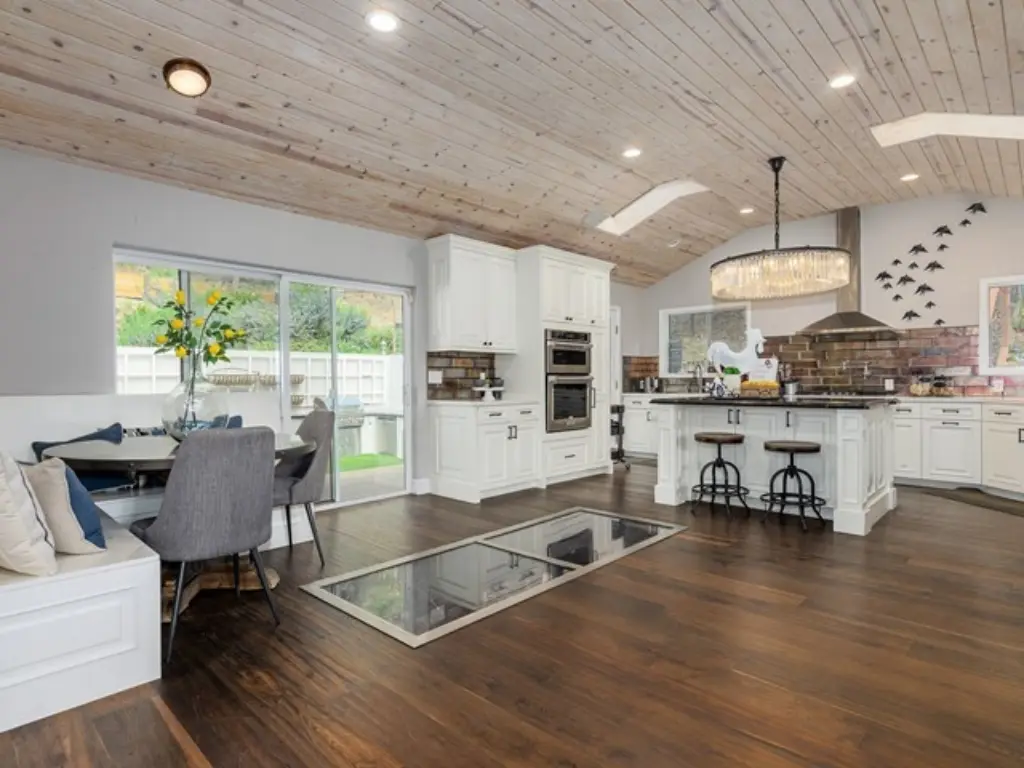So you’re thinking about transforming your space? House remodeling can feel overwhelming at first, but it doesn’t have to be. Whether you’re updating one room or tackling your entire home, having the right game plan makes all the difference. We’ve worked with many homeowners who started nervous and ended up loving the process. This guide walks you through everything you need to know to make your house remodeling project a success in 2025.
Planning Your Home Renovation from Start to Finish
Before you knock down any walls, let’s talk about the big picture. A solid home renovation starts with knowing what you want to achieve. Walk through your space and note what’s working and what isn’t. Maybe your bathtub is outdated, or your floor plan feels cramped. Write it all down.
Next, think about timing. House remodeling projects can take weeks or even months. Consider how this affects your daily life. You’ll also want to check if you need a permit for your work. Most major changes require one, and skipping this step can cause headaches later. Start by calling your local building department.
Things to Consider While Planning
Here are some factors to consider before you dive in:
- How will this affect your resale value?
- Do you need to upgrade your HVAC or insulation while walls are open?
- What’s the inspection process in your area?
- Can you stay in your home during the work?
- Do your plans include energy-efficient upgrades?
Think about the bigger picture too. If you’re opening up walls for plumb work, that’s the perfect time to add new windows or update your siding. Doing multiple projects at once often saves money and hassle down the road.
Setting a Realistic Budget for Your Remodel
Let’s be real – house remodeling costs add up fast. The average cost varies wildly based on your location and scope. A bathroom might run $5,000 to $15,000, while a full home remodel can hit six figures easily.
Start by researching what similar remodeling projects cost in your area. Then add 15-20% for surprises. Trust us, there are always surprises. Old houses especially hide issues behind walls. Maybe you’ll find outdated wiring or need carpentry work you didn’t expect.
Ways to save exist if you’re flexible. Installing some elements yourself cuts labor expenses. Keeping your existing floor plan instead of moving walls saves big. You can also phase your remodeling project over time. Do the kitchen this year, bathrooms next year. Just make sure you have enough set aside for the essentials.
DIY vs. Hiring a Contractor for Home Improvement
Here’s where many homeowners get stuck. Some diy projects make total sense – painting, simple fixture swaps, or landscape work. These save you money without much risk. Other jobs? You really should hire a professional.
Anything involving electrical, major plumb work, or structural changes needs an expert. The same goes for complex cabinet installation or HVAC work. Yes, it costs more upfront. But mistakes can be dangerous and expensive to fix later.
A good contractor brings experience and connections. They know suppliers, can spot problems early, and handle permits smoothly. Get at least three quotes before deciding. Check references and make sure they’re licensed and insured. The cheapest option isn’t always the best choice for your home improvement journey.
Kitchen and Cabinet Renovation Essentials
Kitchens are the heart of most homes, so getting this right matters. Start with your cabinet choices since they set the tone for everything else. You don’t always need to replace them completely. Sometimes refacing or repainting existing ones works great and costs way less.
When renovating a house kitchen, think about your workflow. The classic triangle between stove, sink, and refrigerator still makes sense. Update your appliances and fixtures together for a cohesive look. Modern light fixtures can totally transform the space without breaking the bank.
Don’t forget the practical stuff. Good lighting makes cooking easier and safer. Durable floor options like tile or luxury vinyl hold up to spills and traffic. And if you’re doing major work anyway, consider adding an appliance upgrade. Energy-efficient models cost more initially but save money over time through lower utility bills.
Wrapping Up Your House Remodeling Journey
House remodeling is a big deal, but thousands of people do it successfully every year. The key is planning well, budgeting realistically, and knowing when to call in help. Start with clear goals and a realistic budget. Decide which tasks you can tackle yourself and where you need a professional.
Remember that your home renovation doesn’t have to happen all at once. Break it into phases if that works better for your wallet and schedule. Focus on projects that improve your daily life and add value to your property. Whether you’re updating one room or doing a complete transformation, take it step by step.
The result? A space that truly feels like yours and works for how you actually live. That’s what house remodeling is all about.
Frequently Asked Questions
How long does a typical house remodeling project take?
It depends on the scope of your work. A single bathroom might take two to four weeks. Full kitchen renovations often need six to eight weeks. Whole-house projects can run three to six months or longer. Weather delays, permit issues, and material availability all affect timing. Always build buffer time into your schedule.
Do I need permits for every home renovation project?
Not always, but most major work requires them. Structural changes, electrical work, plumbing, and additions typically need permits. Simple cosmetic updates like painting or changing light fixtures usually don’t. Rules vary by location, so check with your local building department. Skipping required permits can hurt your home’s resale value and cause problems with insurance.
What home renovation projects give the best return on investment?
Minor kitchen and bathroom updates typically offer strong returns, often 70-80% of your investment. Adding a deck, updating garage doors, and replacing windows also perform well. Major additions are trickier and may not recoup full costs. Focus on projects that improve functionality and appeal to buyers in your area for the best financial outcome.

